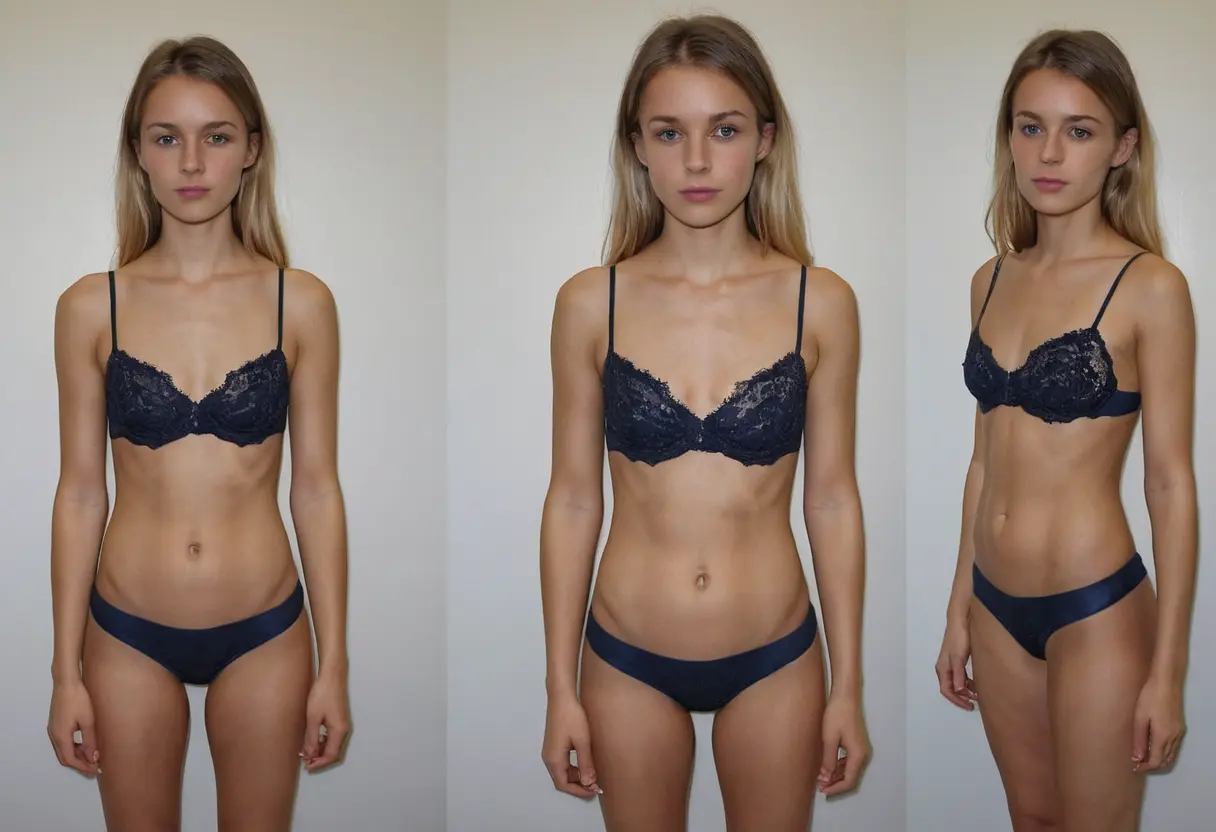ai photo undress free
Understanding AI Photo Undress Technology
AI photo undress technology represents a significant advancement in the realm of artificial intelligence and image processing. This innovative technology allows for the removal of clothing in images, often used for entertainment, fashion, and various artistic applications. The purpose of this article is to explore the functionality, applications, ethical considerations, and potential future developments of AI photo undress tools. As we delve deeper, we will also discuss how this technology impacts users and society at large.
How AI Photo Undress Tools Work
The functionality of AI photo undress tools is rooted in advanced machine learning algorithms and neural networks. These tools analyze images to understand human anatomy, clothing patterns, and textures. The following steps typically outline the process:
- Image Analysis: The AI scans the image to identify the subject, focusing on key features such as limbs, torso, and fabric.
- Segmentation: The tool separates the clothing from the body, allowing for a clear distinction between the two.
- Texture Generation: Once clothing is removed, the AI generates realistic skin textures and shading to create a believable undressed image.
- Post-Processing: Final adjustments are made to ensure the image appears natural and visually appealing.
Applications of AI Photo Undress Technology
AI photo undress tools have diverse applications across various industries. Here are some notable uses:
- Fashion Industry: Designers can use this technology to visualize clothing designs on models without the need for physical fittings.
- Entertainment: In film and media, these tools can create visual effects that enhance storytelling, particularly in genres that require fantasy elements.
- Advertising: Marketers can utilize these images for promotional content, showcasing products in a more engaging manner.
- Artistic Endeavors: Artists and photographers explore new creative avenues,undress ai using undressing tools to create thought-provoking artwork.
Ethical Considerations
While the potential of AI photo undress technology is vast, it also raises significant ethical concerns. The following issues warrant careful consideration:
- Consent: The use of images without the subject's consent can lead to serious privacy violations and exploitation.
- Misrepresentation: Altering images can result in misleading portrayals, impacting body image perceptions and societal standards.
- Legal Implications: There are ongoing discussions about the legality of using AI-generated images, especially regarding copyright and intellectual property rights.
- Impact on Society: The proliferation of such technology may contribute to unrealistic beauty standards and objectification.
The Future of AI Photo Undress Technology
The future of AI photo undress technology is both exciting and challenging. As advancements continue, several trends are expected to emerge:
- Improved Accuracy: Ongoing research will lead to more precise algorithms, creating even more realistic undressed images.
- Enhanced Customization: Users may soon have the ability to customize aspects of the generated images, allowing for greater personalization.
- Regulatory Frameworks: As ethical concerns grow, we can anticipate the development of laws and regulations governing the use of AI in photography.
- Integration with Virtual Reality: This technology may find applications in VR, allowing users to experience immersive environments with altered perceptions of reality.
Conclusion
AI photo undress technology stands at the intersection of innovation and ethical debate. While it offers fascinating applications in fashion, entertainment, and art, it also poses significant ethical challenges that must be addressed. As we navigate this rapidly evolving landscape, it is essential for stakeholders—developers, users, and policymakers—to engage in thoughtful discussions about the responsible use of this technology. The future promises exciting possibilities, but it will require careful stewardship to ensure that these advancements benefit society as a whole while respecting individual rights and dignity.
Weekly hotspots
edit recommend
Friendly Links
- ai for undressing
- ai undress free unlimited
- ai undress application free
- undress.ai review
- ai undress image generator
- undress ais
- ai undress men
- ai undresser free
- undress photo ai
- photo undress ai
- ai undress pics
- undress ai porn generator
- free ai undress software
- ai that undress women
- undress ai apps
- best undress ai app
- undress pics ai
- ai undressing ai
- undress anyone with ai
- ai undress examples
- undress ai
- ai that undresses pics
- undress ai promo code
- ai undress cc
- free ai undress apps
- ai that undresses images
- best ai undress
- discord ai undress
- best ai undressers
- is undress ai safe
- undress ai no sign up
- ai undressing app free
- ai undressing app
- ai to undress free
- ai nude undresser
- undress ai no sign up
- ai undressed
- ai undress pictures
- ai undress anyone
- undress.vip ai
- ai undresses people
- ai app that undresses
- ai undress porn free
- undressing ai for free
- undress ai mod
- unlimited undress ai
- ai undress software download
- undress ai cc
- undress naked ai
- ai undress application free
- free undress ai
- undressing ai
- free undressing ai
- nude ai
- ai porn undress
- best undress ai
- ai undressing
- ai undresser free
- undress.ai
- ai undress app
- ai undresser
- free ai undresser
- undress ai-deepnude images
- ai undressing free
- undress-ai
- ai nude
- undress ai
- undress ai free
- ai undressing
- free ai undress
- ai undress free
- ai undress
- ai porn undresser
- undress ai
- undress ai safe
- undress ai app
- undresser ai
- ai undress
- undress ai
- free undress ai
- ai undressing
- undressed ai
- undressing ai free
- undress ai porn
- undress pornx.ai
- ai nude undress
- ai undress
- undressing ai
- undress app
- undress ai
- free ai undressing
- free Undress AI
- undressing ai
- undress ai reddit
- undress ai review
- undress ai promo code




